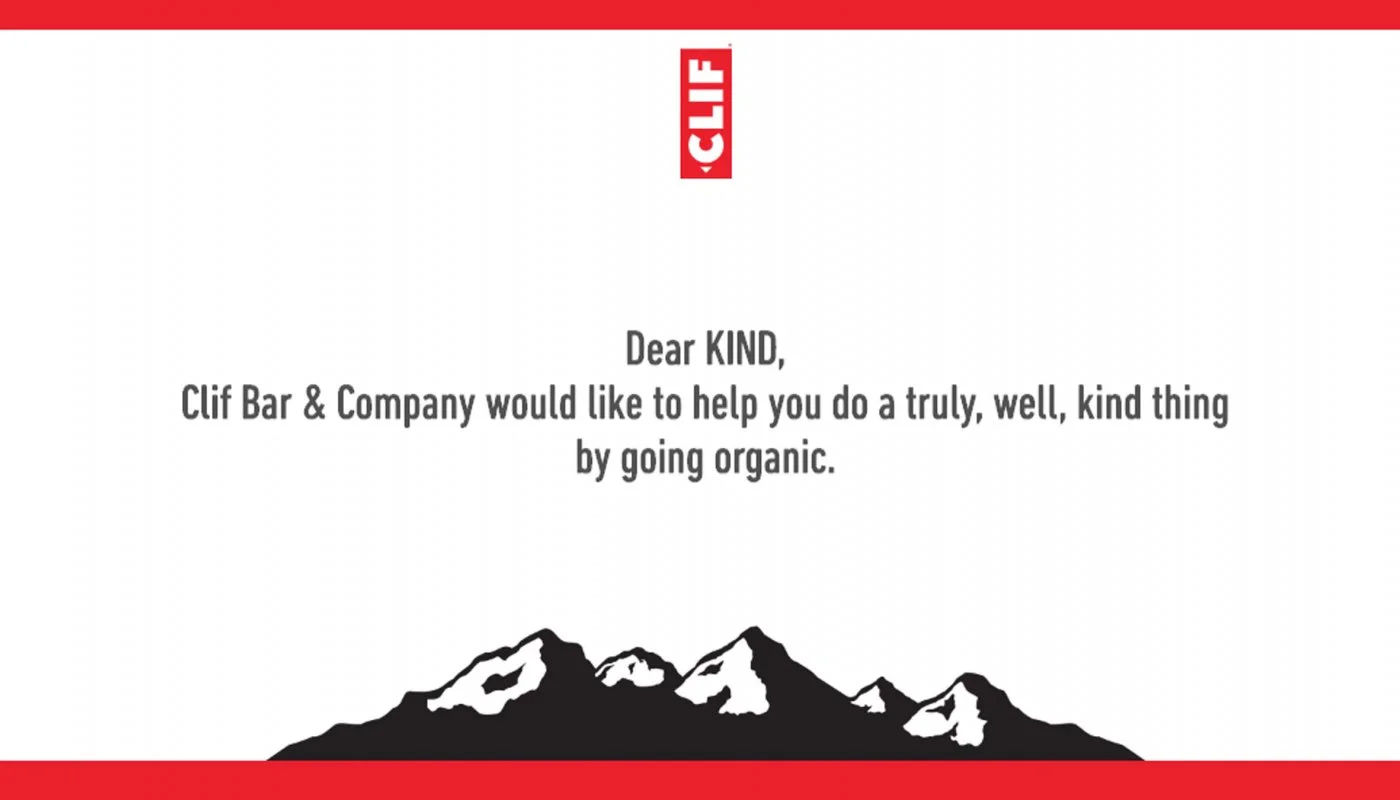Brand Love for Brand Rivalry?
Given the political climate in the last couple years, people are looking for ways to bring a sense of balance and joy back into their lives. Regardless of political views, a palate cleanser seems to be in order to feel good about things again. Personally, I feel better about cheering someone on rather than jeering the opponent.
It’s the same for the brands I purchase. They play a major role in creating a positive thought or experience. For me, that great experience is a Reese’s Peanut Butter Cup. Just biting into it, I feel a sense of nirvana, which makes me love it. While I’ve always had a mad affair with Reese’s (it really is one of those brands that makes me smile from the inside out). I appreciate that a brand can provide me so much happiness and love.
So when a brand you love tests that devotion, do you remain loyal, or does it leave a sour taste in your mouth enough to denounce it? What is your opinion of that brand when, rather than trying to develop brand love, they are trying to discredit their competition? Does it give the brand you love more credibility or does it turn you off with their negative energy?
Clif Bar’s New York Times ad calling on KIND to go organic
Recently Clif Bar took out a full-page ad in the New York Times to directly challenge KIND bars to start using organic ingredients. Clif Bar felt that KIND should make an investment in the future of the planet and for future generations by going organic. In turn, KIND took to Twitter and called out Clif Bar about the sugar content of its products. Depending on how you look at it, being organic can be much better for the earth, but adding less sugar is going to be better for your overall health. Rather than touting their brand positives, both companies felt it was a better play to point out the other brand’s negatives. For me, I’d rather hear about what the brand I love is doing for me versus what the other brand isn’t.
Bud Light calls out Miller Lite’s use of corn syrup on a billboard
A similar situation played out in the beer category. Anheuser-Busch ran an ad during this year’s Super Bowl accusing MillerCoors, Coors Light and Miller Light of having corn syrup in their beers. MillerCoors, in turn, sued Anheuser-Busch for misleading consumers, adamantly denying there is any corn syrup in either of these two beers. MillerCoors feels that deliberate deception is bad for the entire beer industry, not to mention the corn farmers. For light beer drinkers, and would-be light beer drinkers -does this cast a shadow over all light beer brands in general?
Finally, Amazon founder Jeff Bezos threw down the gauntlet to Wal-Mart, Target and Costco to match Amazon’s recent employee pay increase to a minimum wage of $15 per hour. “Do it! Better yet, go to $16 and throw the gauntlet back at us,” Bezos wrote in his annual shareholder letter. Wal-Mart ended up tweeting shortly after saying “the vast majority” of the company’s warehouse workers have made more than $15 an hour for a very long time. Target is moving to $13 per hour this summer and will reach their goal of $15 per hour by the end of 2020. What Amazon didn’t mention is that by moving to $15 per hour, they’ve had to eliminate monthly bonuses and stock awards. Does this develop brand love for Amazon, or does it force consumers to pick their favorite retailer based on how they pay their workers?
In the end, brands that do a lot of negative campaigning don’t earn much good brand karma in my book. I understand the need to keep tabs on competitors; it’s good business to keep an eye on that. However, instead of developing more brand equity, attacking a competitor seems to actually dilute it. Rather than hear a brand talk about what their rivals aren’t doing, I’d rather hear about what their brands are doing. And hopefully it’s for the better.


